The Moustached Journalist says;
Doping in Nigerian football, as in other sports globally, poses significant concerns regarding fair play, athlete health, and the integrity of competitions. While instances of doping in Nigerian football may not be as prevalent as in some other sports or countries, the potential risks and consequences remain significant.

A detailed explanation of the weights, implications, and effects of doping in football is provided in a comprehensive and educational article released by GOAL titled “Doping in Football: What is it, Why do players do it & Famous Allegations.”
Doping is the consumption of performance-enhancing materials and banned substances that are designed to improve sporting performance.

Since 2004, the World Anti-Doping Agency’s (WADA) definition in the World Anti-Doping Code has been accepted as the international standard.
Doping has been banned in sports by FIFA. Athletes who consume banned stimulants are risking their emotional, mental and physical health with long-lasting damage and are liable to heavy punishment by the World Football Governing Body.

Several doping substances not only negatively impact the physicality of the athlete, but can also impair the mental state of the player – with side effects including anxiety, hallucinations and psychosis.
The consensus among major sporting governing bodies and organisations has been to strictly regulate the use of performance-enhancing drugs in sports, to prevent health risks, promote equal opportunity for athletes, and maintain a drug-free image of sports for the public.

Before the South Africa 2010 FIFA World Cup, WADA announced that they would be doubling the punishment for first-time offenders from two to four years in the fight to prevent doping in sport, although there are exceptions.
A new regulation was added that offered athletes accused of doping possible ‘immunity’ from punishment should they return ‘substantial’ information on knowledge about other instances of doping.
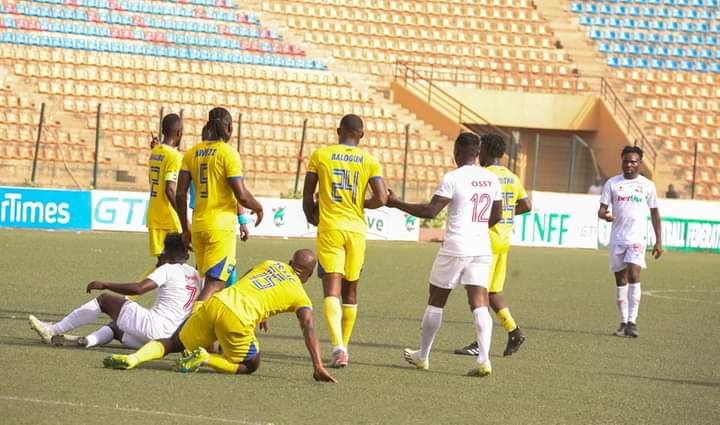
As per FIFA guidelines, all players are obliged to undergo doping controls that consist of urine samples and blood samples. The biological passport was introduced during the 2014 World Cup in Brazil and continues across FIFA and UEFA competitions.
FIFA rules state that each player bound by anti-doping regulations be made to undergo doping controls requested by FIFA or another governing association, with a player able to be tested at any time, as often as desired and in any place out of competition.
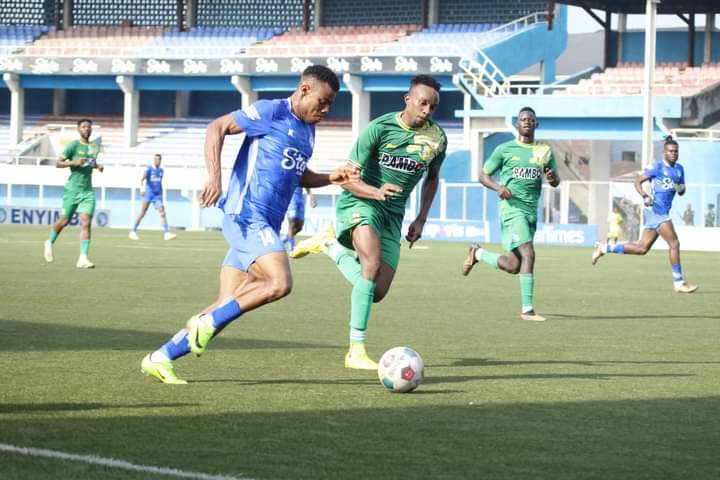
The doping officer’s instructions must be followed, and refusing control can lead to a ban lasting several years. Players must also submit to all medical examinations that are deemed necessary by the officials.
FIFA states that players are not required to undergo the doping procedure alone. They can be accompanied by the team doctor or a team-mate when submitting samples.
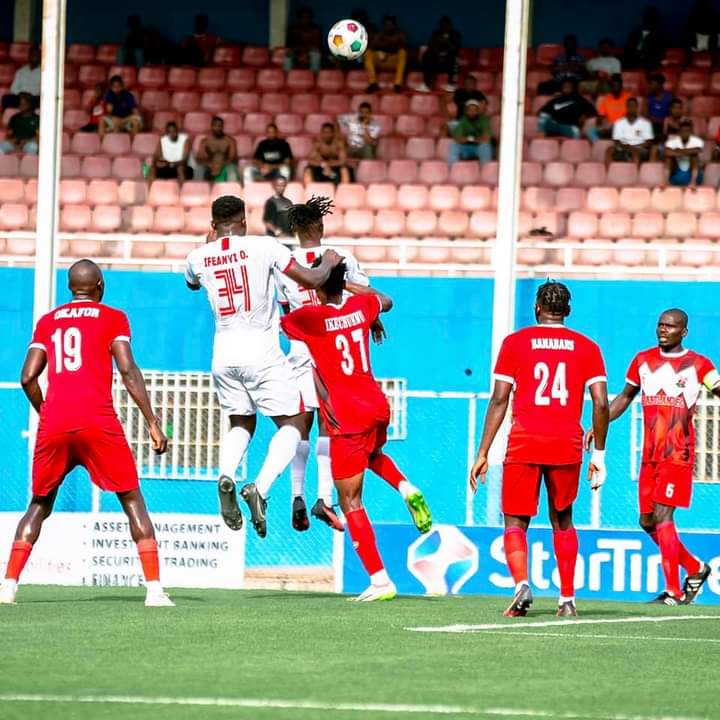
If athletes are found guilty of taking performance-enhancing drugs, they are subject to a ban from the sport for as much as several months to a lifetime, based on the severity of the individual cases.
If the consumption of the banned substances was not intentional, bans can last for up to two years. However, forhe player knowingly participated in illegal doping, they will be banned for up to four years.
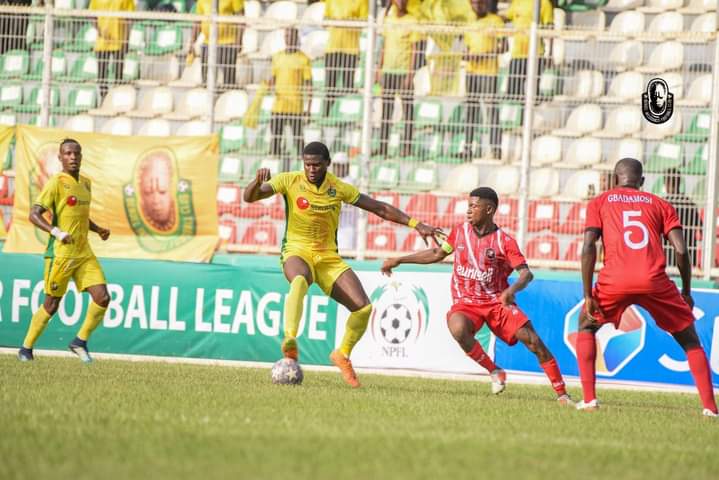
FIFA describe the method of ‘intentionality’ as players who are purposely looking to cheat when consuming the substances. Participating in the trafficking or administration of illegal doping substances will lead to a lifetime ban. In addition to being guilty of doping, athletes can also face bans for committing such offences.
Doping violations are taken seriously by the World Football Governing Body and its affiliated federations and football associations, and footballers found guilty may face suspensions or bans from the game. These penalties aim to uphold the integrity of the sport and ensure a fair playing field for all players.

In other news, the National Drug Law Enforcement Agency (NDLEA) and the Nigeria Premier Football League (NPFL), have agreed to partner on the conduct of drug tests for footballers in the country as part of efforts to curb the menace of substance abuse in Nigeria, as published on the Agency’s official website, “NDLEA, NPFL partner on drug test for footballers.”
This was one of the high points of discussions between the leadership of the Agency and the football league when the Chairman of the NPFL board, Hon. Gbenga Elegbeleye led a delegation including ex-international, Daniel Amokachi; Chairman of Sokoto State Football Association, Mohammed Saidu Nasiru; Chief Operating Officer of the NPFL, Davidson Owumi and Head of Legal, NPFL, Uche George Egbe on a courtesy visit to the Chairman/Chief Executive Officer of NDLEA, Brig. Gen Mohamed Buba Marwa (Rtd) in Abuja on Friday, March 8, 2024.
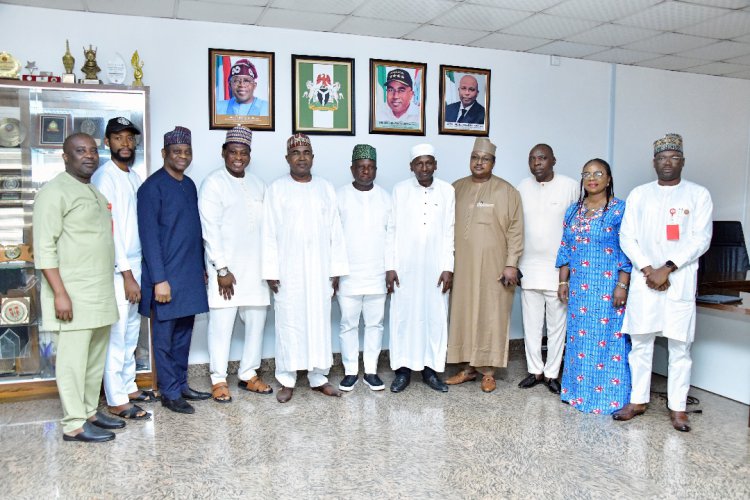
In his remarks, Elegbeleye acknowledged the inspiring and impactful leadership Marwa has given NDLEA to become a frontline law enforcement agency now respected home and abroad.
He said the activities of the agency have not only raised national awareness about the drug scourge but have equally curbed the impunity of drug cartels and barons.

He said part of the problems facing the sports industry in the country especially football is betting and the use of performance-enhancing drugs by footballers. He said he has to reach out to the agency for partnership to salvage the situation.
“The only agency that can save this situation is NDLEA by working with us to carry out random drug tests on our players. Once they know we conduct drug tests, they will refrain fromabusingf illicit substances. This is why we seek the support and partnership with NDLEA”, Elegbeleye stated.
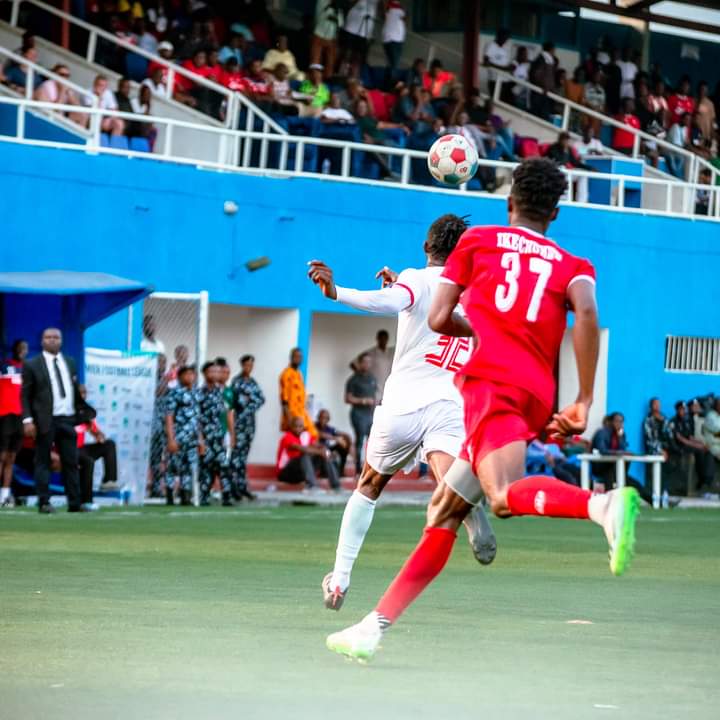
In his response, Marwa commended the NPFL boss for his giant strides and innovations to build the football league. He assured that the agency won’t relent in its offensive action against drug cartels in the country. He expressed the willingness of NDLEA to partner with NPFL to curb the abuse of illicit substances by football players.
“We are happy with your request for random drug tests for players. This is available in all our commands nationwide and we are ready to work with you in this respect. We are very ready to collaborate and support you in your quest”, Marwa stated.

He said the league should also consider mobilizing star footballers to get involved in open advocacy against drug abuse because a lot of youths look up to them as role models.
To address the issue of doping in Nigerian football, several proactive measures can be implemented through the Federal Ministry of Youth and Sports Development, Nigeria Football Federation (NFF) and all stakeholders in collaboration with the Federal Ministry of Health and National Drug Law Enforcement Agency (NDLEA).

Increased education and awareness programs on anti-doping regulations, the risks associated with doping, and the importance of clean sport can help athletes and support staff make informed decisions and resist the temptation to dope.
Strengthening anti-doping policies and implementing robust testing programs can deter doping practices and detect violations more effectively. This includes conducting random drug tests, both in and out of competition, and imposing appropriate sanctions for doping offences.

Promoting ethical leadership and integrity within football organizations, clubs, and academies can create a culture of clean sport and discourage doping behaviour.
Collaborating with international anti-doping agencies and organizations can provide access to expertise, resources, and best practices in anti-doping efforts.

By so doing, Nigerian football can work towards creating a clean, fair, and safe environment for athletes to compete and excel while upholding the integrity and spirit of the game.
